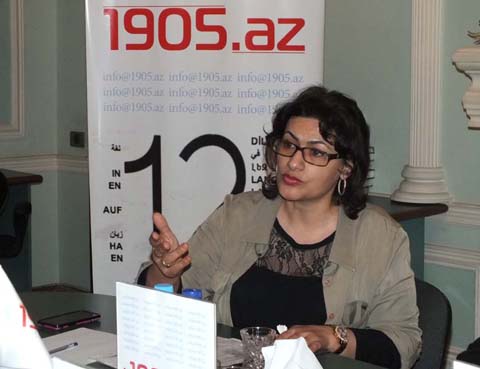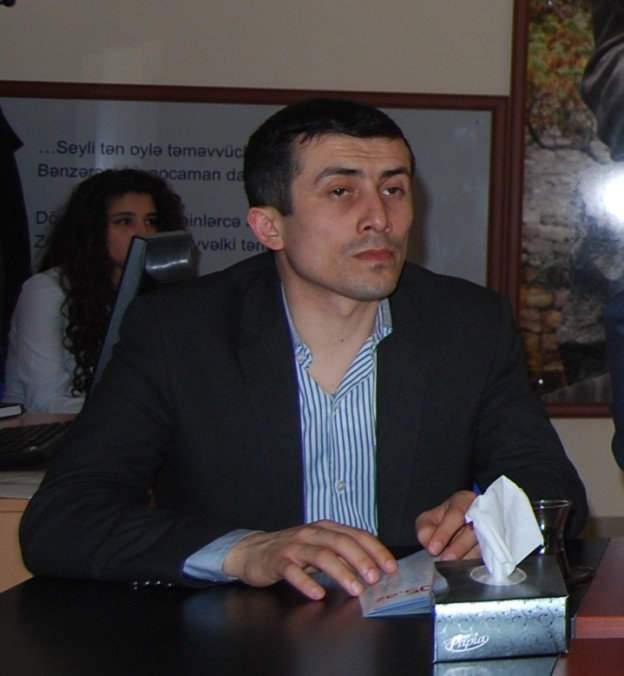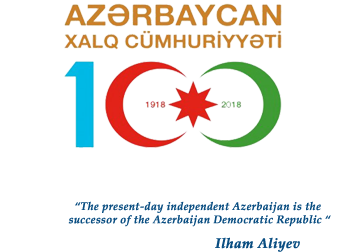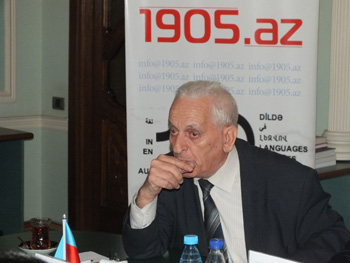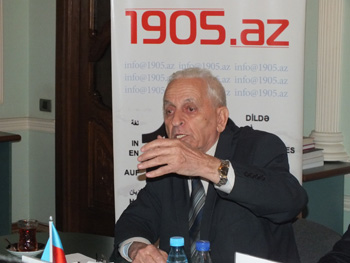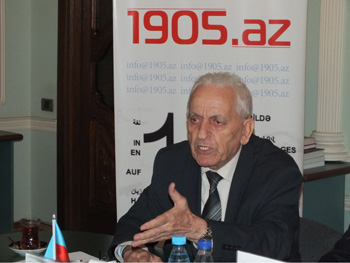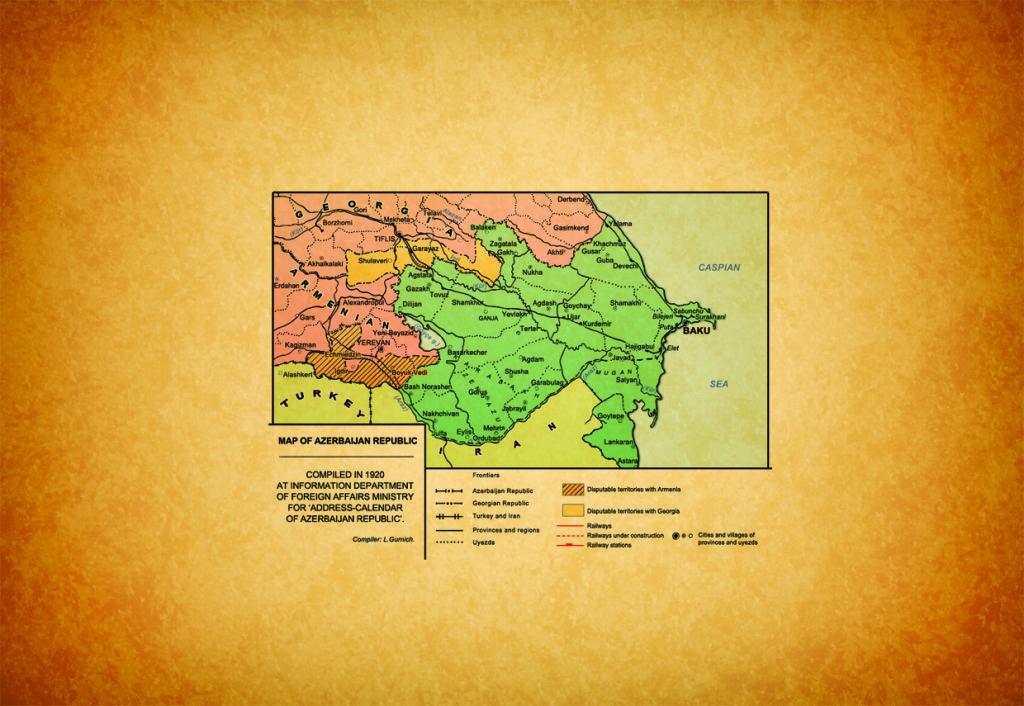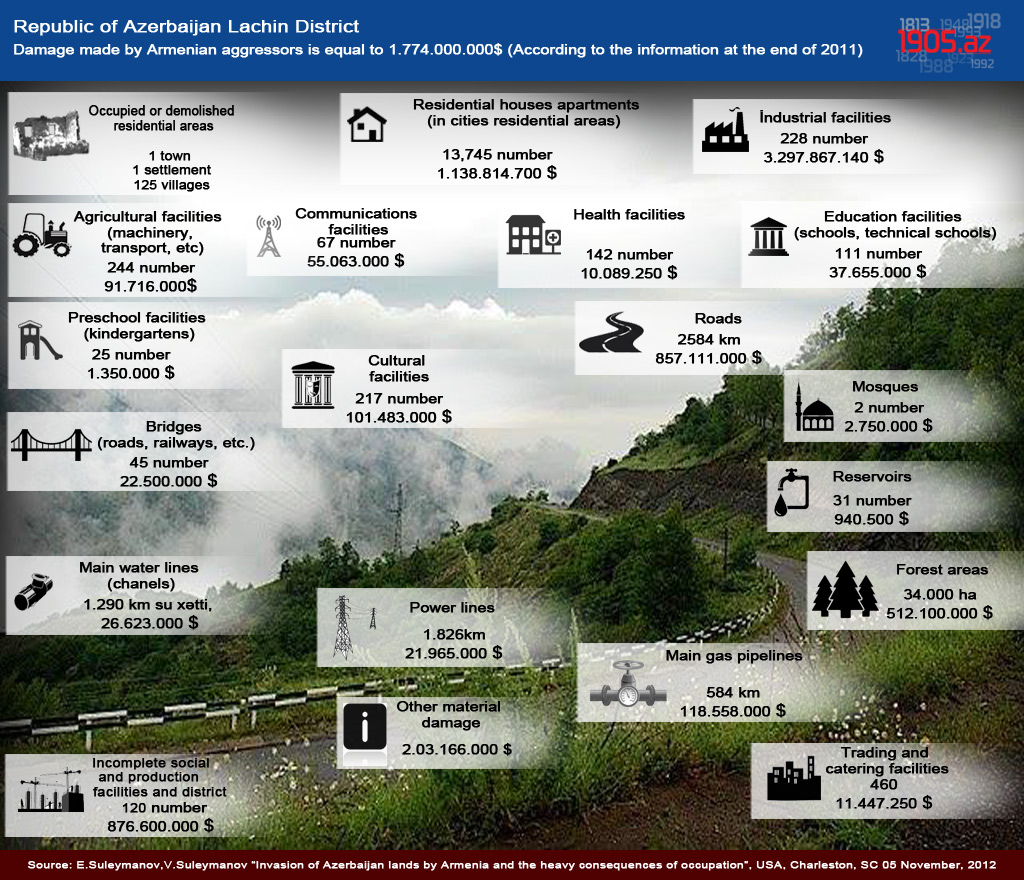A book titled “Georgia: Caucasian blind alley” by a Russian author Aleksandr Shirokorad was printed in 5,000 copies by Moscow-based Veche publishin house in 2010.
Part of series “Russia`s friends and enemies”, 416-page book written in publicistic style offers a glance over the history of Georgia from ancient times up to now. The author briefly informs about the arrival of the Georgians` ancestors in present-day Georgia, formation of Georgian alphabet, early Georgian statehood, Ottoman and Safavid period of Georgia.
Defending the idea of the Georgian kingdoms` request to be incorporated in Russia, the author justifies the occupation of Ganja as a result of “Javad khan`s terror in South Caucasus”. Shirokorad does not accept the fact of post-occupation resettlement of Armenians and Russians for changing Georgia`s demographic composition. He considers the relocation of 30,000 Armenians to Javakheti “providing asylum to Christians, who escaped Turkish- and Kurdish-conducted massacres”. Furthermore, the Russian author gives information about Georgia`s development as part of the Russian Empire and the impact of the First World War. He describes Nicolai II as an incapable monarch, who failed to take advantage of 1915-1916 Armenian issue in Turkey, to create a strong Armenian army and to present Germans as enemies.
Further, the book touches upon the establishment of the Georgian Republic, Soviet occupation, dispatch of the German airborne forces composed of Georgians during the Second World War in chronological order.
In the background of his thorough information on the Soviet era of Georgia, the author critisizes the April 14, 1978 rally and Tbilisi protests against the change of Article 75 that stipulated Georgian as the official langague in the Constitution. Oppressing the April 9, 1989 demonstration in the eve of the collapse of the Soviet Union was allegedly a result of the negligently planned operation and death of leaving people due to closed exits, according to Shirokorad.
Next chapters deal with the anarchy in Georgia, outbreak of separatism in Abkhazia and South Ossetia, reign of Gamsakhurdia and Shevardnadze. The author tries to explain Saakashvili`s coming to power as an example of the Western project of peaceful revolutions. By noting that the 2008 Ossetian war was provoked by Georgia, Shirokorad refers to foreign authors by claiming military intervention of Russia was a right step in order to protects its peacekeeping forces and civilians. By mentioning the neutral position of both Baku and Yerevan, Shirokorad emphasizes how Armenian opposition justified Russia`s actions, while Azerbaijani opposition supported Georgia.
In conclusion, the current situation and anti-Russian trend in Georgia is assessed by Shirokorad as an expansion of ethnic nationalism. As for Russia`s mistakes, he points out to condemning entirely the Soviet period as a damaging factor for Russia. He sees the solution of the conflict between Tbilisi and former autonomies in creating the Georgian Federal Republic; this idea reminds of the recent proposal of official and non-official circles of Russia on federalization of Ukraine. Federalization is not Shirokorad`s only idea that corresponds to the Kremlin`s position.
According to the author`s view, “the administrative borders of the former USSR have automatically turned into state borders” and “those borders are not as untouchable as the borders achived by wars and political conflicts for centuries”. Interestingly, even in 2010, Shirokorad was accepting “the possibility of separation of new territories from the artificial “newly independent states”, for instance, Ukraine”. It should be noted that among the proposals of Shirokorad, who is a military expert, is to provide Abkhazian separatists with military equipment, speed boats, helicopters, light aircraft and modern naval mines in order to break transportation of hydrocarbon resources through Georgia.



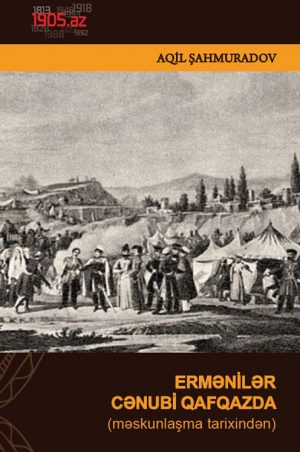





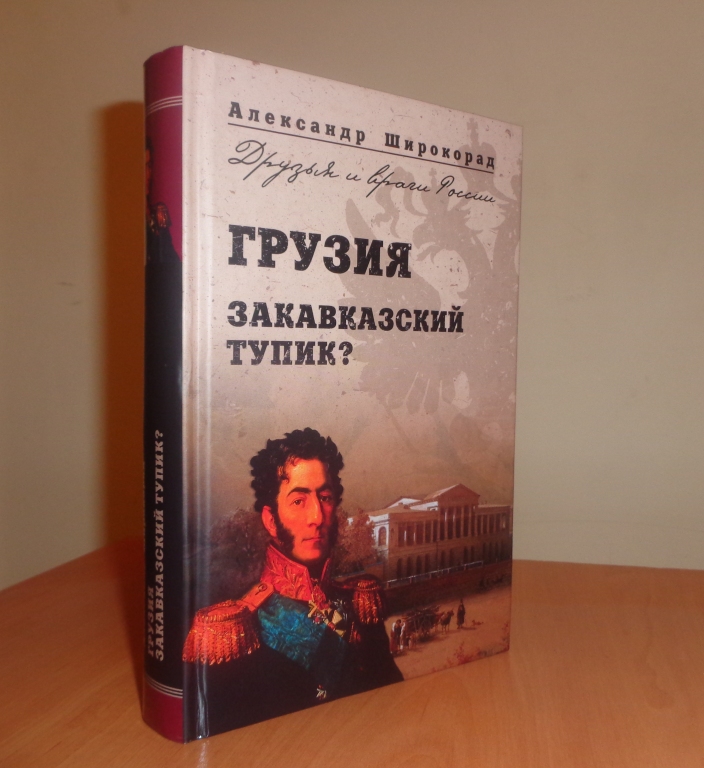
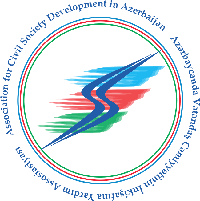
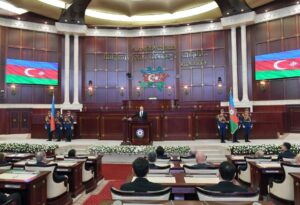 Inauguration ceremony of President of Azerbaijan Ilham Aliyev was held
Inauguration ceremony of President of Azerbaijan Ilham Aliyev was held Ilham Aliyev wins presidential election with 92.05 percent of votes VIDEO
Ilham Aliyev wins presidential election with 92.05 percent of votes VIDEO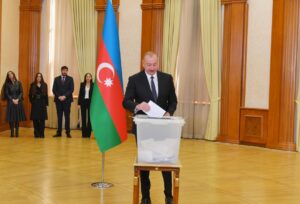 President Ilham Aliyev, First Lady Mehriban Aliyeva and family members voted in Khankendi VIDEO
President Ilham Aliyev, First Lady Mehriban Aliyeva and family members voted in Khankendi VIDEO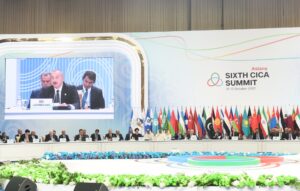 Plenary session of 6th Summit of Conference on Interaction and Confidence Building Measures in Asia gets underway in Astana. President Ilham Aliyev attends the plenary session VIDEO
Plenary session of 6th Summit of Conference on Interaction and Confidence Building Measures in Asia gets underway in Astana. President Ilham Aliyev attends the plenary session VIDEO President Ilham Aliyev was interviewed by Azerbaijani TV channels in Prague VIDEO
President Ilham Aliyev was interviewed by Azerbaijani TV channels in Prague VIDEO



